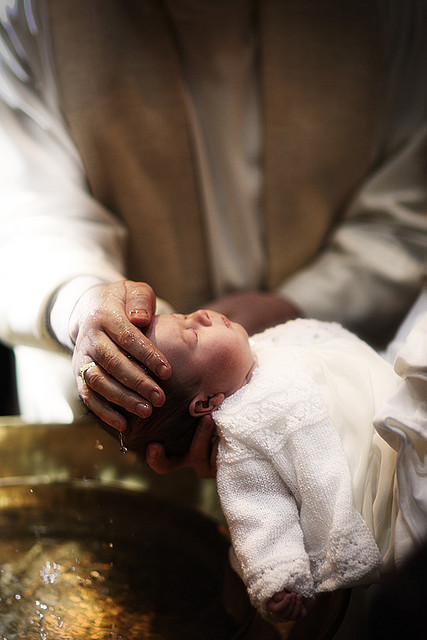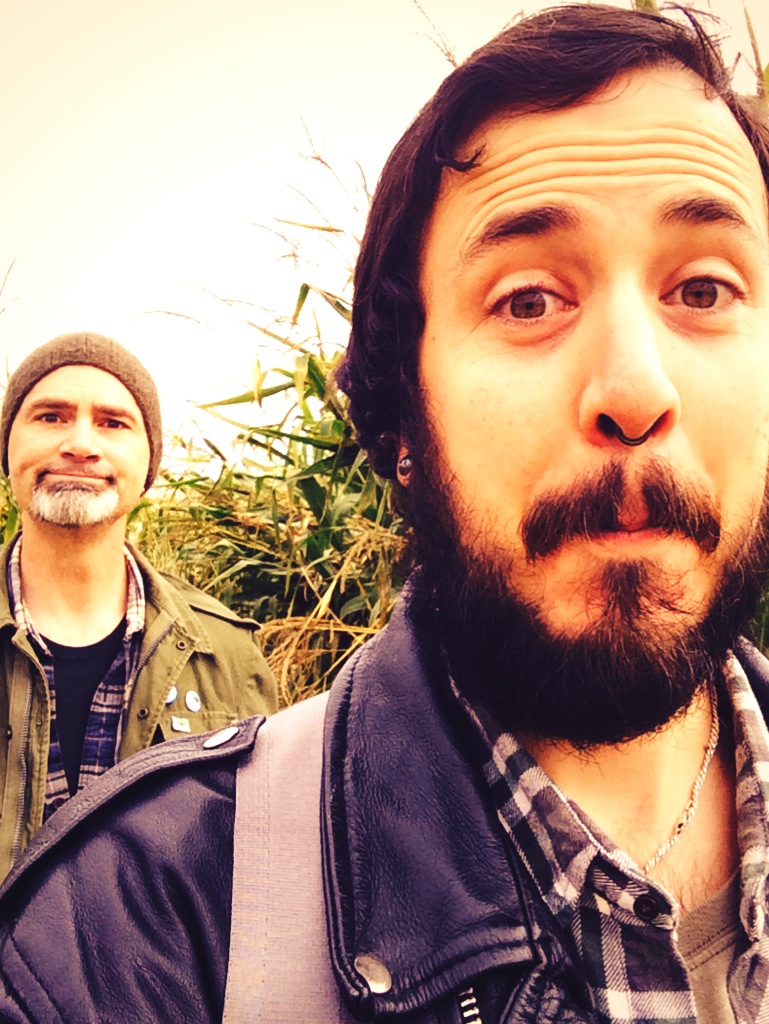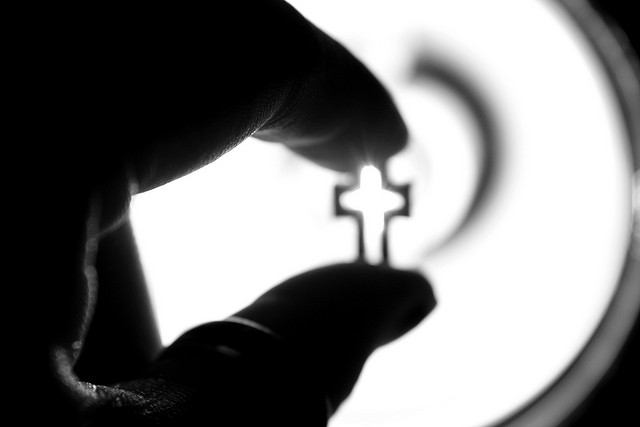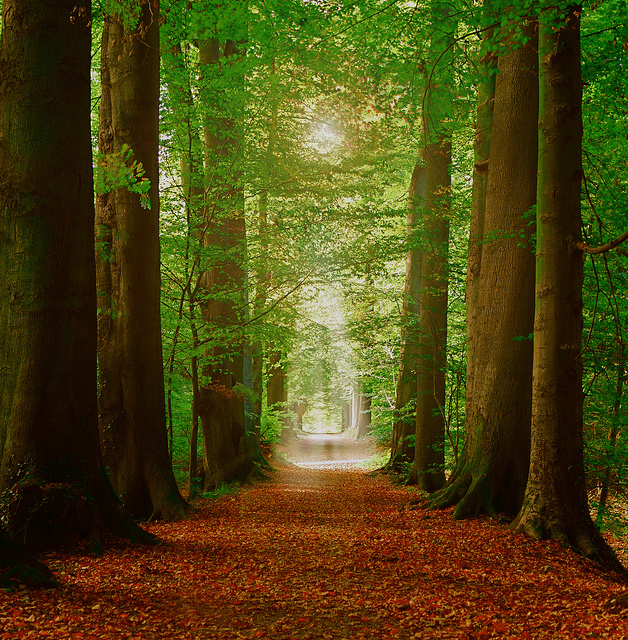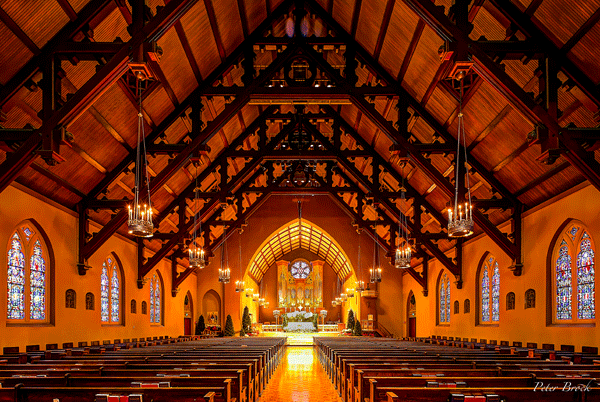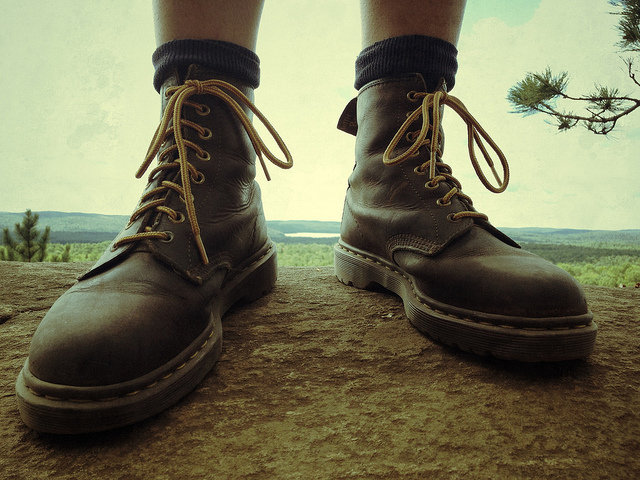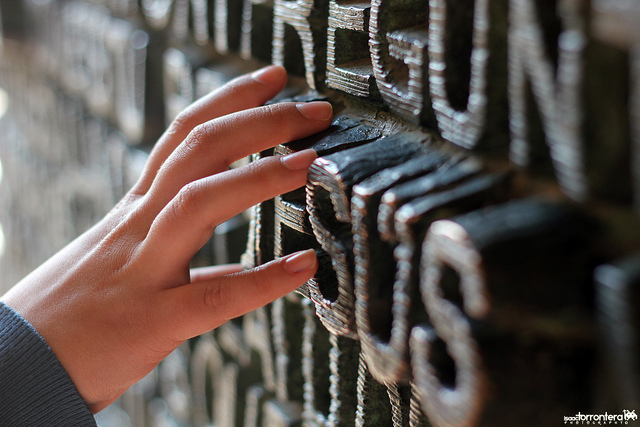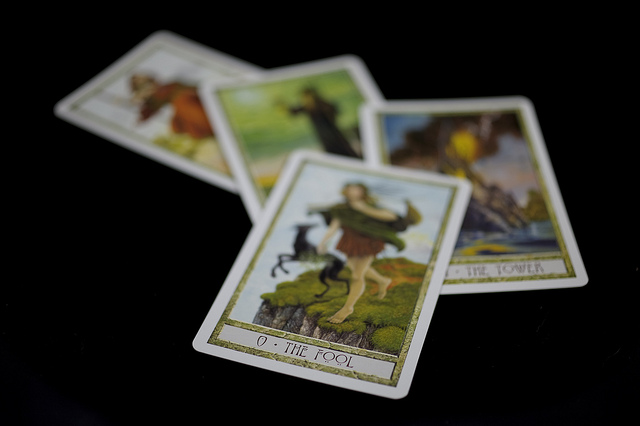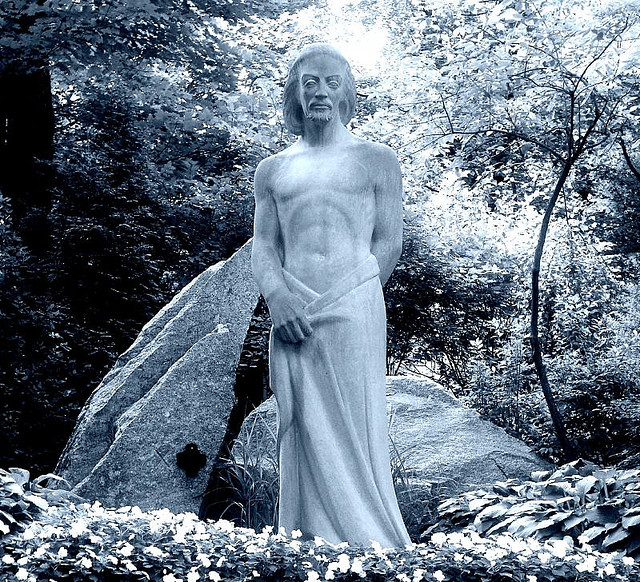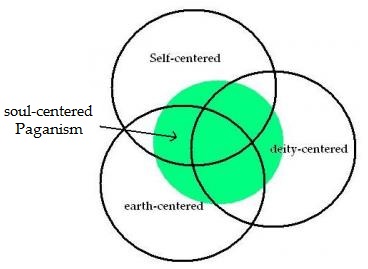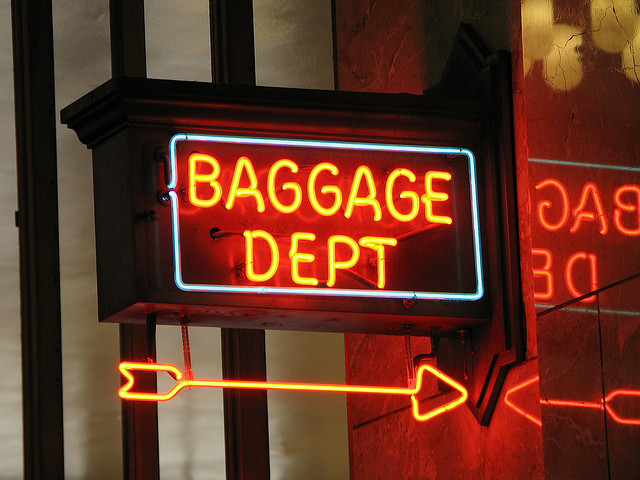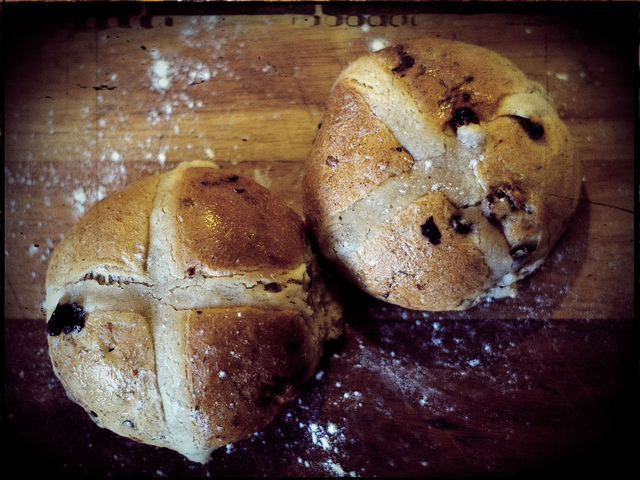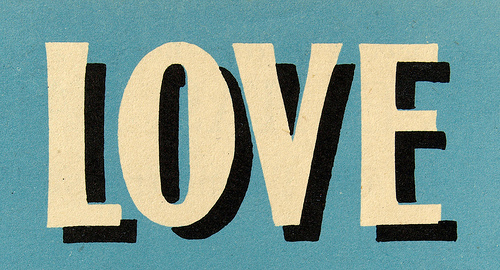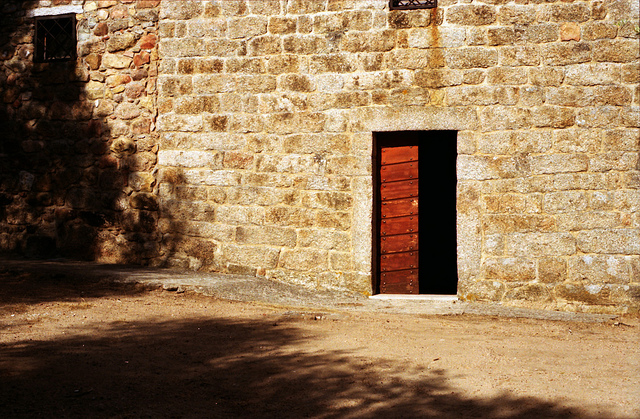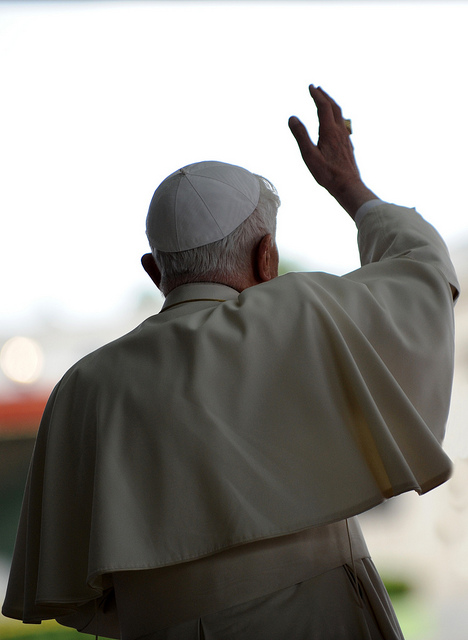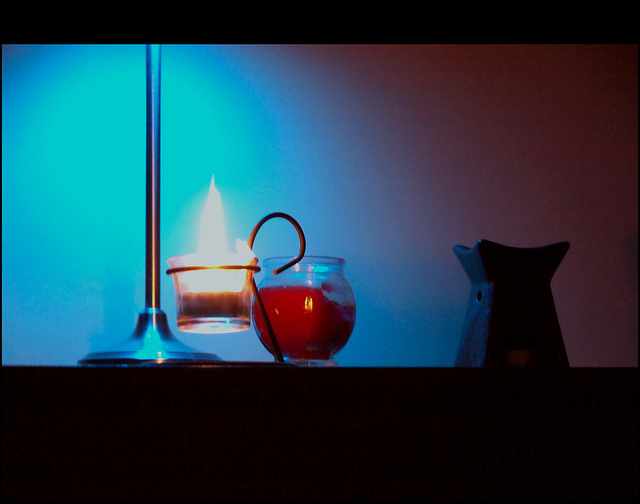Tag: Paganism
-

A Christian, nonetheless.
I’ve been to dozens of baptisms in my life, but this one was different. I sat in the back of All Saints in Beverly Hills, a lovely little church in an obscenely wealthy part of the world, and I watched babies have water poured over the heads. I watched parents smile as the priest anointed […]
-

Text Message God-Talk with my Husband
This is the kind of conversation my husband and I have over text messages: Teo: When was the King James Bible published? Sean: 1600s Teo: And before that time, how did Christians come to know the Gospel? Or even have a complete sense of what “The Bible” was? Sean: Oh, there were other, earlier versions […]
-

The Unexpected Immediacy of God
Dear Sara, Thank you for your response. It’s delightful to read about your personal experiences with all of this. You offer a soothing, yet invigorating perspective. You asked, “What is contradictory for you personally between Christianity and Paganism…theologically, emotionally? Does opening the door to Christianity automatically mean shutting the door to Paganism, and if so, why? […]
-

The Truth of What Was and Is and Is to Come
The Truth of What Was I was never completely committed to ADF. I didn’t finish the Dedicant Path because I was unwilling to speak out loud the final Oath. I wasn’t willing to make that kind of commitment to Paganism, or — more specifically — that significant a renouncement of my Christianity. There were plenty […]
-

both/and
Dear Sara, I didn’t plan on going to church last weekend. It sort of just happened. I hadn’t been in a very long time, and during my most recent visit I was only barely present. Participation in the service felt a bit like an act of treason. I’d read Pagan writers who said as much. […]
-

The Kind of Pagan I Am
I’m the kind of Pagan who hasn’t gotten rid of his Bibles. I don’t think there is a single Truth any more than I think there’s only one god, but I do think there’s something which unites everything in the universe. And I’d like to imagine that this connecting force is sentient, but I don’t know […]
-

Overwhelmed with Thoughts of Jesus
I’m overwhelmed with thoughts of Jesus. Jesus and God and Christianity and the Lord’s Prayer and compassion and forgiveness and hope and judgement and freedom from judgement and all of the things which made (and make) me feel connected to the Sacred. I don’t know what to do with all of this. It started when […]
-

Pagan Assumptions and the Direct Results of Ritual
“There can be no direct results of ritual. The results are always just part of the fabric of all action.” — Sean Michael Morris As I prepare for my upcoming appearance at the Sacred Harvest Festival I’ve been giving thought to assumptions I’ve made about Paganism; assumptions that many of us make. We assume the […]
-

On Leaving
Something broke today: a levee on the inside. My heart, tight and clenched for days, softened. And when it did, I knew… I have to leave ADF. I spoke the words out loud, and they sounded right. They didn’t sound easy, or pretty, or anything remotely uncomplicated. They just sounded right. I’m not leaving because it’s […]
-

Who’s Going to Be My Pagan Jesus?
I started reading a book yesterday called Contemplative Practices in Action: Spirituality, Meditation, and Health. It’s an academic volume which seeks to demonstrate that contemplative practices have positive affects on the lives of those who engage in them. It’s of personal interest to me for a number of reasons. First, I would like to see […]
-

Contemplation Is Right Action
What, I wonder, are the differences between a contemplative practice and a devotional practice? I’ve read a lot about devotional polytheism this morning. I read Galina Krassova’s first installment of her Fundamentals of Polytheism series, “We Don’t Need No Stinkin’ Theories,” and Galina places a great deal of focus on the development of a devotional […]
-

Claiming a Soul-Centered, Contemplative Pagan Practice
John Halstead doesn’t mess around. When he writes, he means business. Just read his exposition on the most recent explosion of discussion and debate among Pagans and polytheists over superheroes and gods and you’ll know what I mean. John has a tremendous intellect, and when he writes on Allergic Pagan about the in’s and out’s of […]
-

Is Hard Polytheism Incomplete?
I think that hard polytheism is incomplete. I think that there is an underlying unity in all things that hard polytheism — at least, the hard polytheism I see presented most often within my own tradition, ADF — does not take into account. This became clear to me when I began to read Saraswati Rain’s […]
-

My Christian Baggage
Yesterday I realized that I have what you might call, “Christian baggage.” To many, this will come as no surprise. It’s been said as much on post after post, and in the occasional Pagan forum thread. In response, I always said that I didn’t think that label was fair. Most times I think I was […]
-

How Do I Know I’m a Pagan?
How do I know I’m a Pagan? I mean, really. I had this thought after my unexpected visit to church. I also had this thought after I returned home from Beltania, the Colorado Beltane gathering I attended and presented at over my birthday weekend. It may seem strange that I would question my Pagan identity after a Pagan […]
-

A Pagan, a Druid, and an Episcopalian walk into a Church
I went to church last night. It was the first time I’d been to church since I left the Church. Taking in an evening mass, done up to the 9’s with incense and vestments, was something I hadn’t planned to do while visiting Eugene, Oregon, nor was it an invitation I expected to receive from […]
-

The Intersection of the Myth and the Meaning
To those participating in the Bishop In The Grove’s Bookclub reading of T. Thorn Coyle’s Make Magic of Your Life, join me on Twitter throughout the month of April and engage in a Twitter dialogue about the questions raised in this book. Be sure to @reply with the hashtag, #MakeMagic and Thorn’s handle, @ThornCoyle. Now, […]
-

Where Does Love Fit into Pagan and Polytheist Traditions?
I am not a Christian, but I have no problem with placing love at the center of my religious ideology. (That I should feel the need to qualify the centrality of love with an “I am not” statement is notable.) When I check in with my desire, my deepest yearning, I discover love. It’s there, […]
-

PantheaCon: Much Work to be Done
It’s the last morning of the last day. I’m in my hotel room, waiting for the rest of the attendees to rise. I’m an early-morning Pagan, it seems. I’m in the minority of this minority. Intentionally reflective blog posts can be a saccharine mess if you don’t watch yourself, so I’m choosing my words carefully. There […]
-

I’m Not Catholic, But I Am Concerned
The first thing that sprung to mind when I learned that Pope Benedict was resigning from his station of service was a series of quips and puns. WWBD? He’d quit. Two living popes in Rome? It’s like Buffy and Faith all over again. Well this is a good way of dodging the child abuse scandal, no? […]
-

Keeping Vigil to the Fire, Again
In a week I will publish the next Solitary Druid Fellowship liturgy. This morning, I spent some time going over the previous one, seeing where small adjustments might be made and looking for places where supplemental material would be useful. It’s been interesting to take on this position, which is a little like leadership, but […]
